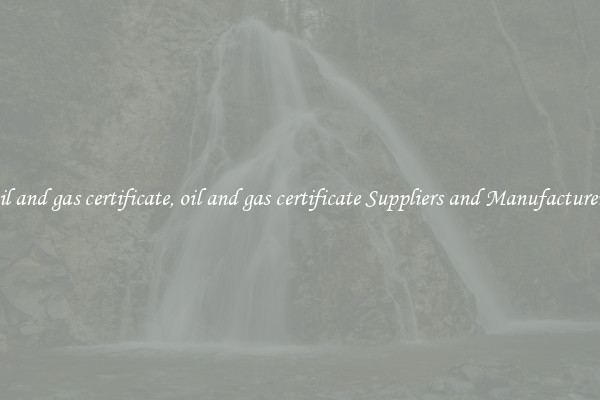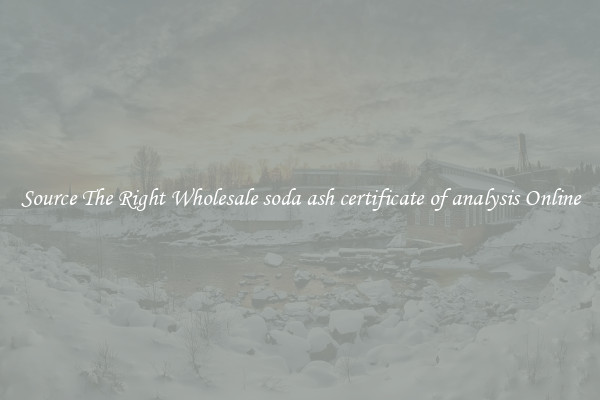oil and gas certificate, oil and gas certificate Suppliers and Manufacturers
Oil and gas certification is a crucial aspect of the industry as it ensures that professionals have the necessary knowledge and skills to operate in this sector. Achieving an oil and gas certificate signifies that individuals have met the required standards and are equipped to handle various tasks within the industry. Whether it is drilling, production, or refining, an oil and gas certificate showcases a professional's expertise and competency.

To obtain an oil and gas certificate, individuals typically go through a training program that covers different aspects of the industry. Topics covered include exploration techniques, drilling operations, reservoir management, production techniques, health and safety protocols, and environmental regulations. These training programs are designed to provide individuals with a comprehensive understanding of the oil and gas industry and equip them with the necessary skills to face the challenges that come with it.
Oil and gas certificates are offered by various institutions and organizations. these can range from technical training schools to industry associations and international bodies. Some well-known institutions that offer oil and gas certifications include the American Petroleum Institute (API), the International Association of Drilling Contractors (IADC), and the Society of Petroleum Engineers (SPE). These organizations have established standards and guidelines that must be met by individuals in order to receive their certificates.
Suppliers and manufacturers of oil and gas certificates play a crucial role in the industry. They provide the necessary resources and materials for training programs, ensuring that professionals receive high-quality education and training. These suppliers and manufacturers often specialize in producing training materials such as textbooks, study guides, and e-learning courses that cover the various aspects of the oil and gas industry. They also offer specialized equipment and simulators that provide hands-on training experiences for professionals.
When selecting an oil and gas certificate supplier or manufacturer, it is important to consider their reputation and credibility. Choose a supplier that has a track record of providing reliable and accurate training materials. Look for suppliers that have been endorsed by reputable industry organizations or have affiliations with recognized institutions. Additionally, it is crucial to ensure that the supplier or manufacturer keeps their training materials up-to-date with the latest industry best practices and regulations.
In conclusion, oil and gas certificates are essential for professionals in the industry as they demonstrate competency and proficiency. To obtain a certificate, individuals must undergo training programs that cover various aspects of the industry. Suppliers and manufacturers play a crucial role in providing the necessary resources and materials for training programs. It is important to choose reputable suppliers that offer high-quality and up-to-date training materials. By obtaining an oil and gas certificate, professionals are better prepared to contribute effectively to the ever-evolving oil and gas industry.

View details

View details

View details

View details








